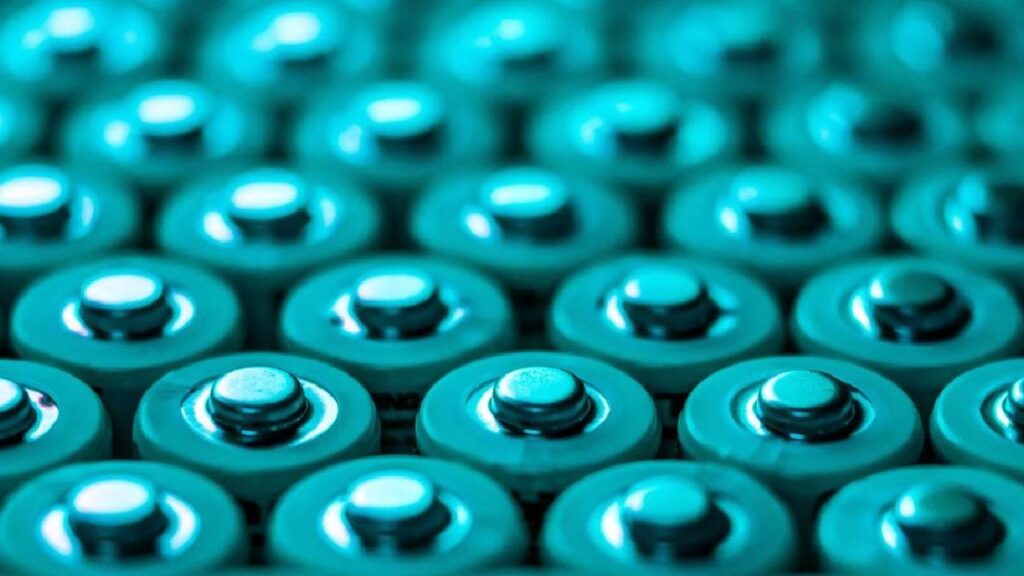- Sodium Ion batteries are becoming more prevalent in EVs as mass manufacturing is on the way.
- Companies like CATL and BYD are planning to produce these batteries on a large scale in 2023.
- There are distinct advantages and disadvantages to using Sodium instead of Lithium in EV batteries.
Sodium Ion batteries are emerging as a viable solution for EVs but there are pros and cons to them. Currently, almost all EV batteries are constructed using Lithium Ion chemistry. In addition to that, the other elements used in Li-ion configuration include Nickel, Copper, Manganese, Cobalt, etc. Now, all these (including Lithium) are limited resources found in a handful of areas around the globe.

Not only that, there are environmental challenges associated with the mining of most of these elements. For instance, the Democratic Republic of the Congo sits on the largest Cobalt reserves in the world. There are numerous and frequent cases of child labour being used to extract Cobalt which raises human rights concerns in addition to the limited amount of such rare elements. Also, Lithium is primarily used in consumer electronics like smartphones, tablets, laptops, etc. Hence, the automobile industry will always be the second recipient of it.
You might also like: Are Chargers at DC Fast Charging Stations Bad For EVs?
Sodium Ion Batteries for EVs
That is where Sodium comes into the picture. Sodium is the 6th most abundant element in earth’s crust. More importantly, it sits right next to Lithium on the periodic table which lends almost similar properties compared to Lithium. Being abundantly available means that the cost of the element is significantly lower than Lithium. At present, the cost of EVs is what is the biggest hurdle in mass adoption apart from the charging infrastructure.
Advantages of Sodium Ion Batteries in EVs
- Batteries form a large chunk of the overall cost of the car. Hence, drastically low-cost EVs can be manufactured if Sodium-Ion batteries are used.
- Sodium Ion batteries are operational across a wide range of temperatures (-40 to 60 degree Celsius) compared to Li-Ion (-25 to 40). Li-ion batteries perform most optimally between 15 to 35 degree Celsius.
- Compared to Li-ion batteries, Sodium-ion batteries are safer as it is non-inflammable. That is a big point in the favour of the latter since there have been myriad instances of fires in Li-ion batteries across the world.
- We won’t have to depend on a handful of countries for sourcing Sodium as it is available everywhere.
Disadvantages
- The biggest issue with these batteries is their low energy density (~160 Wh/kg) compared to Li-ion (upto 250 Wh/kg). Hence, Sodium Ion batteries will need to be much heavier to produce equivalent energy in an EV.
- The charge-discharge cycles are slightly lower or equal at best (~1,500 – 2,000) compared to Li-ion (~2,000 or higher).
- The technology has not been mass adopted yet which means there could still be some aspects that we don’t know yet.
You might also like: Tesla Battery (4680) vs BYD Blade Battery – Comparison
Could Sodium-Ion Batteries Replace Lithium-Ion in EVs?
Well, it is that classic case of yes and no. Better put, there is a chance that both could co-exist depending on the use case and market. Markets, where cost is the driving factor for EV sales, could go for Sodium-Ion batteries. In fact, China has already started experimenting with these in their EVs that are on sale like Hina Battery in Sehol E10X compact EV. BYD and CATL are about to join the fray soon.
For other markets and carmakers where affordability is not the issue and performance takes the front seat, Lithium-Ion batteries will continue. With the amount of R&D going into battery development in various parts of the world, there might be better alternatives or favourable modifications to Lithium-Ion batteries too.

Pingback: Stellantis Invests In Affordable Sodium-Ion Battery Technology